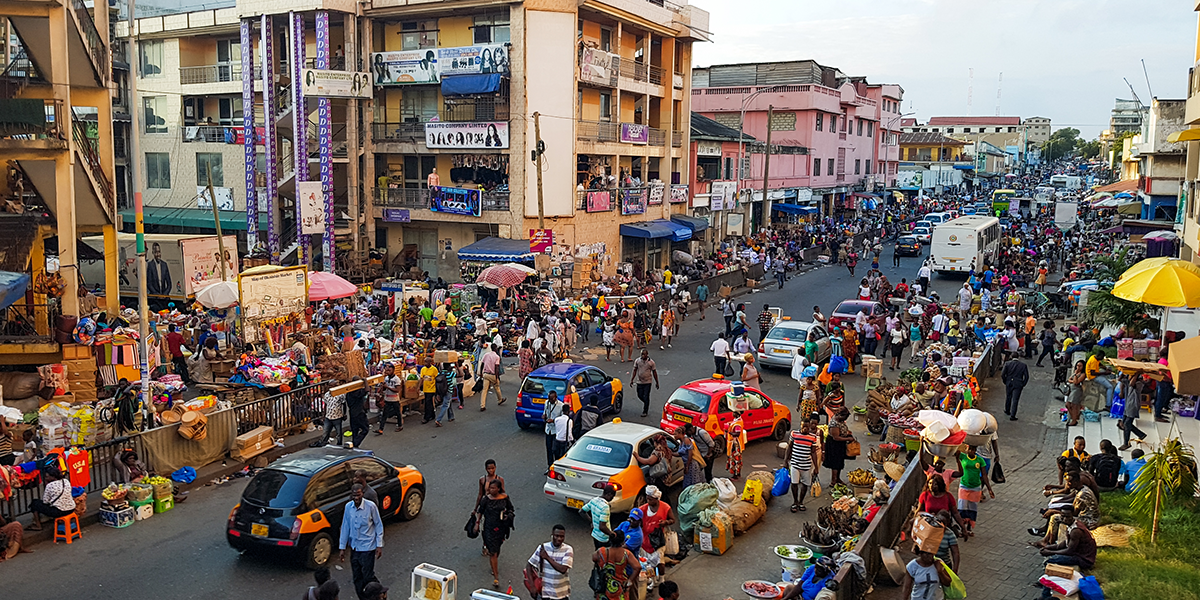News
Somaliland: The Power of Democracy
Somaliland's commitments to improving democratic norms and standards and its regular change of leaders at the polls have made it a regional democratic superpower. Its progress should shame much richer African countries where incumbents are rolling back democratic progress, since this threatens their power and financial privilege.

Director, The Brenthurst Foundation
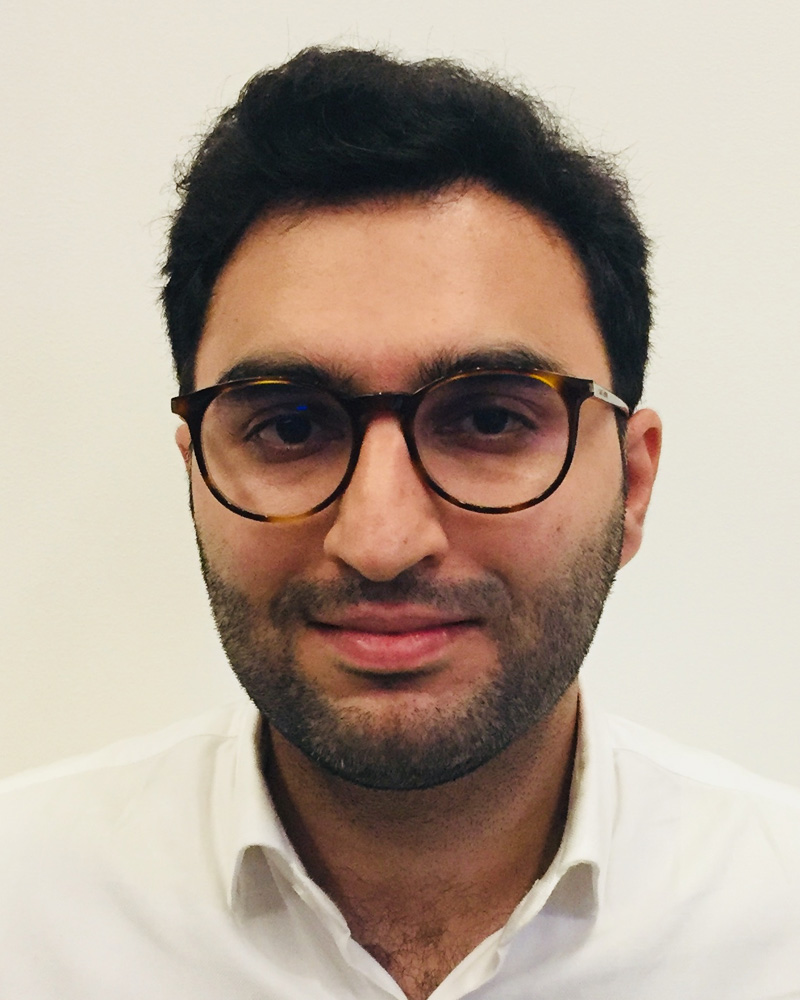
Founder and Managing Director, East Africa Capital
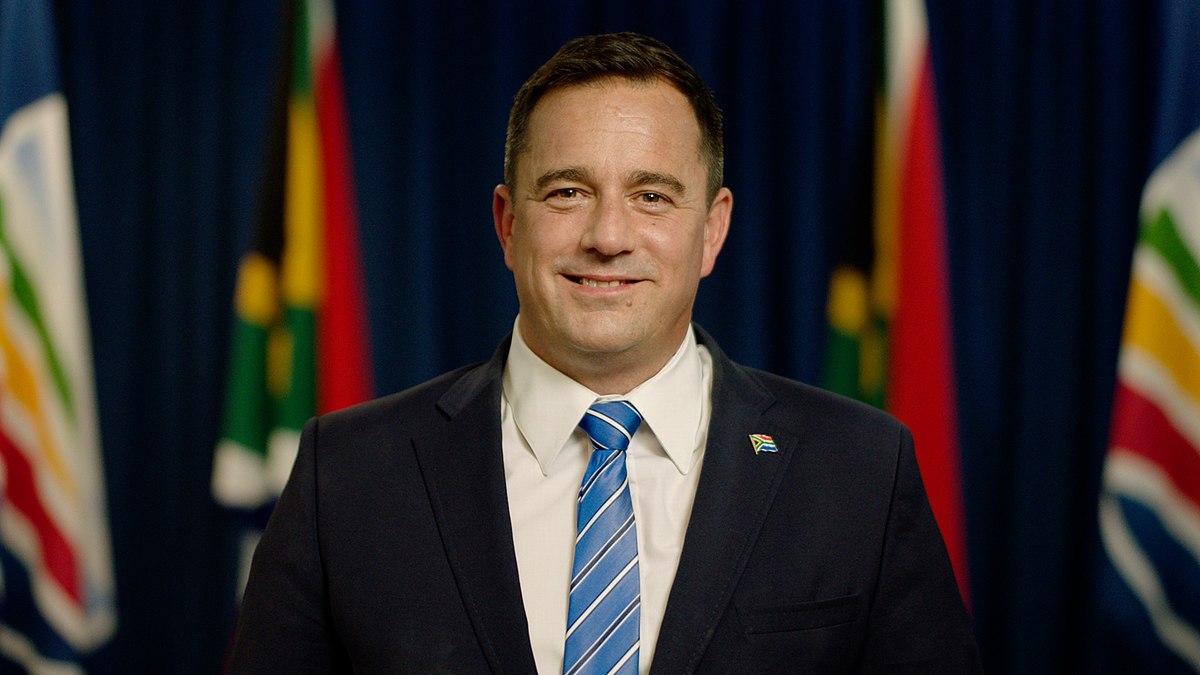
Leader, Democratic Alliance
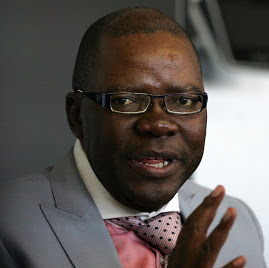
Former Minister of Finance, Zimbabwe
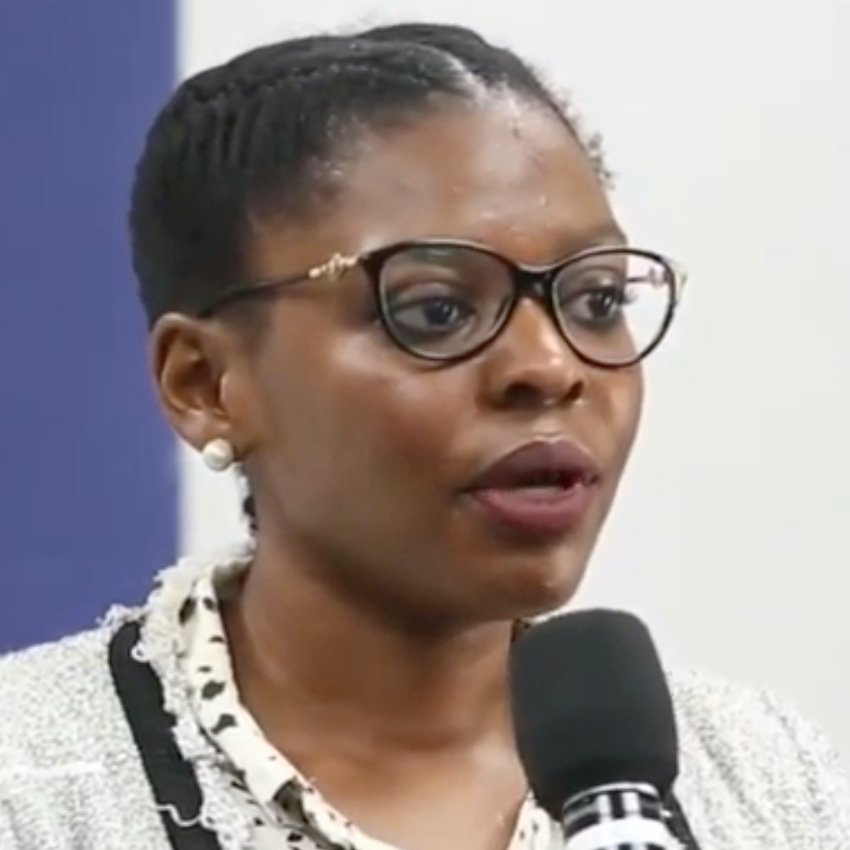
Lawyer and communications expert in Zambia
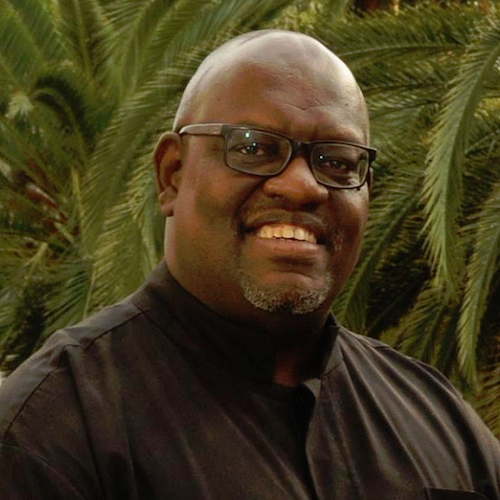
Kenyan anti-corruption activist
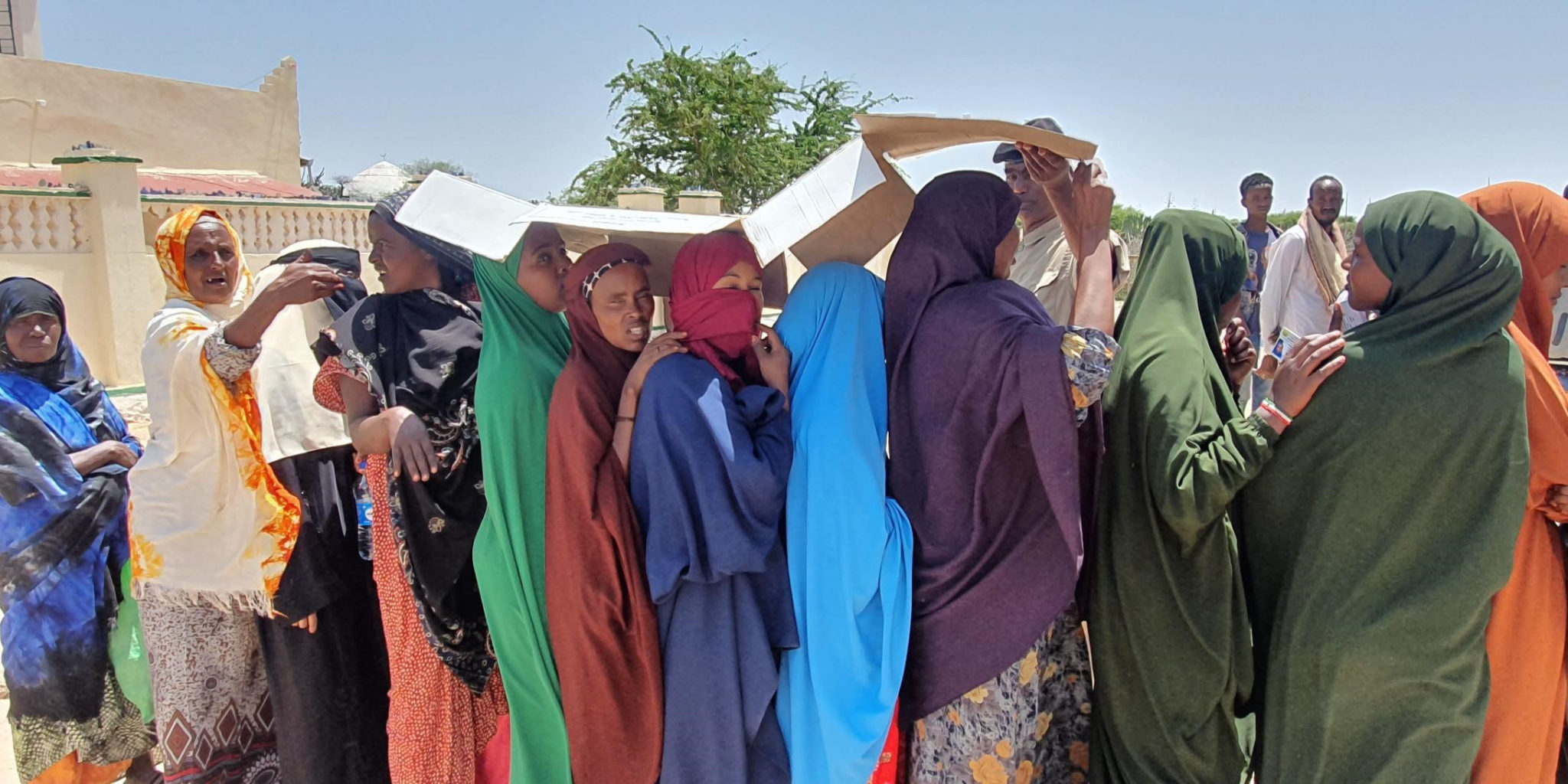
A dirty white, bullet-pocked house, without electricity and running water, does not merit a second glance in the town of Burao high in the east of Somaliland. Yet this former colonial governor's residence shaded by a giant acacia was the site of the Grand Conference of the Northern Peoples in Burao, held over six weeks, concluding with the declaration of Somaliland's independence from Somalia on 18 May 1991.
Since then, the Somalilanders have stuck with a winning formula, despite the absence of international recognition and the tepid democratic enthusiasm of much of the Horn of Africa.
Only Somaliland is not ranked as “unfree” (with a score of 42/100) on Freedom House's political rights and civil liberty rankings. Ethiopia (22), Djibouti (24) and Somalia (7) all rank as unfree, the same as Uganda (34), Rwanda (21), Burundi (14), Egypt (18), Sudan (17), South Sudan (2), and Eritrea (2) in the next regional ring. Only Kenya (48) to the south enjoys “partly free” status.
Somaliland uses democracy to keep its people together. Its steady democratic performance and progress is a breath of fresh air in a continent where right now it's an uphill struggle for democrats.
Only seven countries of 49 in sub-Saharan Africa are now in the 'free' category. This is the lowest figure since 1991, with less than 10% of the population of the continent now living in countries classified by Freedom House as “free”.
The reasons are simple. Incumbents have little interest in changing things, even though a vast majority of Africans regularly polled prefer democracy to other forms of government, despite the popularity among elites of the Big Man thesis.
Somaliland also shows that you don't have to be rich to be democratic. Despite a tiny national budget of just $250-million for its 3.5 million people, tough geography and a hostile climate, Somaliland is to the contrary showing the way for much richer African countries how to do it.
“A place that has made something out of virtually nothing” is how former Nigerian president Olusegun Obasanjo describes the progress made by Somaliland. His trip there in May 2019 was the first by an African president since the territory re-declared its independence in May 1991.
In June 1960, Somaliland gained its initial independence from Britain before making an ill-fated decision to join former Italian Somaliland five days later in a union that was envisaged ultimately to include French Somalia (now Djibouti), the Somali-dominated Ogaden region of Ethiopia (now Region 5) and a chunk of northern Kenya.
In the centre of the capital, Hargeisa, is the independence memorial, comprising a MIG-17 fighter-bomber erected on a plinth. This commemorates the event when, having lost control of the province, Siad Barre ordered his air force, operating from the local airport, to bomb the city which had been briefly captured by local Somali National Movement (SNM) liberation fighters in May 1988. Flown by Zimbabwean mercenaries, among others, this resulted in many thousands of civilian casualties.
By the time of Siad Barre's fall three years later, the main cities of Hargeisa and Burao had been razed to the ground. Not for nothing was Hargeisa known as the “roofless city” after systemic looting by Mogadishu had stripped it of roof sheeting and even doors and their frames.
Somalilanders have since sought stability on the principle of maximum ownership and the reality of minimum resources.
Peace did not require vast external financing. There was none available anyway at the time. In fact, the absence of outsiders may be precisely the reason for its success, at least compared with its southern neighbour, Somalia, which has lurched violently from peace conference to initiative, peacekeeping mission to external military intervention, and failing government to fragile coalition seemingly with little discernible progress. In Somalia, “conflict entrepreneurs” have fed off both the fighting and the talking in a top-down process financed by donors mostly taking place outside the country.
Somaliland's peace conferences were by contrast managed and financed by locals, bringing their own food and shelter. The last conference in 1993 was held over five months under the trees in the western city of Boroma.
Such dialogue, long a feature of Somaliland society, was organic, bottom-up rather than top-down. Somalilanders concentrated on achieving peace, not on acquiring comforts and financial rents for delegates from a peace process. Despite its obvious dysfunctionality, Somalia somehow refuses to countenance Somaliland's right to a divorce, clinging chauvinistically to the notion that the marriage can be repaired. And Africa blindly stumbles on with hopes for reunion and fears of the impact of accepting the current two-state reality.
The recovery since has similarly demanded persistence and the principle of inclusion.
The former British protectorate has developed a stable, democratic system of politics, merging modern and traditional elements. In 2002, Somaliland made the transition from a clan-based system to multiparty democracy after a 2001 referendum, formalising the Guurti as an Upper House of Elders, which secures the support of traditional clan-based power structures. There have since been regular elections and a frequent turnover of power between the main political parties. The 2003 presidential election was won by Dahir Riyale Kahin by just 80 votes in nearly half a million from Ahmed Mahamoud Silanyo.
The tables were turned in 2010, with Silanyo winning 49% of the vote to his opponent's 33%. Muse Bihi Abdi, a former SNM fighter, who had earlier served as a Soviet-trained fighter pilot in the Somali Air Force, was elected in November 2017, receiving 55% of the vote, becoming the country's fifth president, and cementing a tradition of peaceful handovers of power rare to the region.
On 31 May 2021, around the 30th anniversary of Somaliland's independence and the 20th anniversary of its multiparty democracy, despite Covid-19, the parliamentary and local district elections went off smoothly, with 1.1 million voters registered by the National Electoral Commission (NEC), and the establishment of 2,709 polling stations countrywide.
Unlike Somaliland's previous six elections, which were mostly funded by outsiders, 70% of the $8-million budget was financed internally. And despite delays in the election, caused by a standoff between the presidency and opposition parties over the nomination of members of the NEC, and challenges with the iris biometric voter registration system, these were the most competitive yet, with 246 candidates for 82 parliamentary seats and 966 for 249 district municipality posts across the six regions.
Critics say that Somaliland's democracy has been facilitated by the dominance of a single clan, the Isaaq, unlike Somalia, which has to balance the competing interests and ambitions of four major clans and several smaller ones. But this argument understates the differences between the Isaaq's sub-clans and sub-sub clans, ignores the internal violence that accompanied the birth process, which had to be resolved, and overlooks the tremendous hard work that went into it.

The focus on the relative integrity of the clan system, president Abdi contends, also underestimates the impact of the democratic culture of the SNM. “For 10 years,” he says from his offices in Hargeisa, “the SNM was struggling for democracy, refusing the dictatorship of Siad Barre. The democracy we now have was also based on the constitution of the SNM, which was very democratic, in which there were regular elections every two years, and in which the central committee operated like a parliament.”
He cites the example of former president Silanyo who was removed in the 1989 SNM elections and yet accepted the change. “We have a tradition of accepting results and changing power, and accepting leadership even outside of the SNM, which is very unusual,” he points out, “among African liberation movements”.
Donors have helped in sponsoring the local civil society group that provides election oversight: in 2021, the European Union was the principal contributor to the $2-million budget of the Somaliland Non-State Actors Forum (Sonsaf), which deployed nearly 900 monitors countrywide and ran an Election Situation Room in Hargeisa staffed by 16 operators collecting and collating countrywide incident reports between April and July 2021.
This is how donors can spend money well and wisely in supporting local governance initiatives and the cause of peace and stability.
Of course, as with any democracy, there are challenges of consolidation. Delays to the election process have resulted in officials serving well beyond their original mandates, while journalists face problems of access and pressure from authorities. There are instances of minor clans being subject to political and economic marginalisation, and violence against women remains a serious problem in a highly patriarchal society.
We observed the 31 May election in Sahel region, including Burao, the former colonial capital of Sheikh and the villages of Ina Dhakool and Qoyta, the latter the site of a casualty clearing station during the civil war. For all of its diplomatic isolation, Somaliland is strongly globalised. The link with the diaspora is in the names of Burao's suburbs, including Xaafada London, Abu Dhabi and Jarmalka (Germany).
Yet Somaliland is synonymous with grinding poverty and dirt-scrabble hardship. A high percentage, too, of the population is illiterate, requiring assistance at the polls, many of which were run by university students. The slow pace of voting is accompanied by constant grumbling on a high Somali volume setting. Regardless, the enthusiasm was palpable, not least among the very old and young. Preference is patiently given to disabled and woman voters. A voting age of 15 might seem low, and a cynical way of vote-stealing, but it serves as a deradicalising mechanism for the largest demographic: 70% of Somaliland's 3.5 million population is under the age of 30. The younger generation sees democracy as a means of diluting the impact of the clan system.
Democracy demands and creates a high-trust and transparent environment. Assisted voters, about one-fifth of those in our area of observation in 46 polling stations, would be asked their preference to be filled in by the presiding officer, and showed immediately to the agents representing the three parties in the station. These practices help to ensure votes are respected. The crowds were not voting just for political parties; they voted for nationhood and the pride for self-determination.
Somaliland's commitments to improving democratic norms and standards and its regular change of leaders at the polls have made it a regional democratic superpower. Its progress should shame those much richer African countries where incumbents are rolling back democratic progress, since this threatens their power and financial privilege.
Those African leaders — government and oppositions alike — committed to democracy should recognise Somaliland's undoubted progress from war to peace. The opposite also holds true.
This article was originally published on Daily Maverick. (Photo: Greg Mills)

